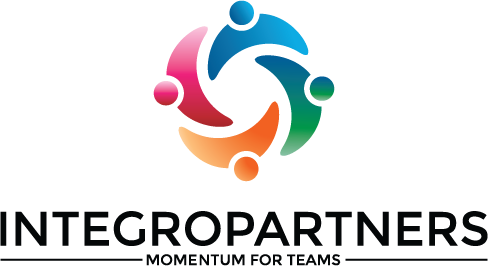The Team Diagnostic Survey™ (TDS) is the world’s #1 team effectiveness instrument
The Team Diagnostic Survey™ (TDS) is the world’s #1 team effectiveness instrument developed by renowned Harvard scholar-practitioners Drs. Richard Hackman and Ruth Wageman. The online survey assesses teams on the 6 conditions of team effectiveness that predict up to 80% of a team’s ultimate success. The resulting 27 page report helps teams and team leaders zero in on the levers that lead teams to becoming exceptional. The TDS™ is the most rigorous and widely-validated team effectiveness instrument on the market today. The survey ensures that your team gets off to the right start. The TDS can be used as a stand alone assessment for diagnosing teams as well as incorporated as an essential component of a teambuilding or team coaching process.
Key Benefits
The Team Diagnostic Survey (TDS) is the world #1 ream effectiveness instrument. Some advantages of using the TDS with your team include:
World-class research underpinnings by top researchers on teams and teamiong
Widely validated on thousands of teams in a diverse range of industries, sectors and organizational levels
Provides team leaders and team members the most powerful and time0-efficient levers for improving team’s performance
Clearly identifies the missing links to team’s success
The TDS™ Framework
The TDS™ Framework starts by identifying the 6 conditions that create an ecosystem that gives rise to team effectiveness. The 6 conditions are divided into 2 groups each with 3 conditions: 1) The Essentials – these are foundational conditions that are most critical to get right first and include: Real Team, Compelling Purpose & Right People. 2) The Enablers – these act as accelerants that propel the team forward and include: Sound Structure, Supportive Context and Team Coaching. The TDS doesn’t stop there. It then shows how these 6 conditions influence a team’s Key Task Processes (Effort, Strategy, and Knowledge & Skill) and ultimately Team Effectiveness (Task Performance, Quality of Group Process and Member Satisfaction).
